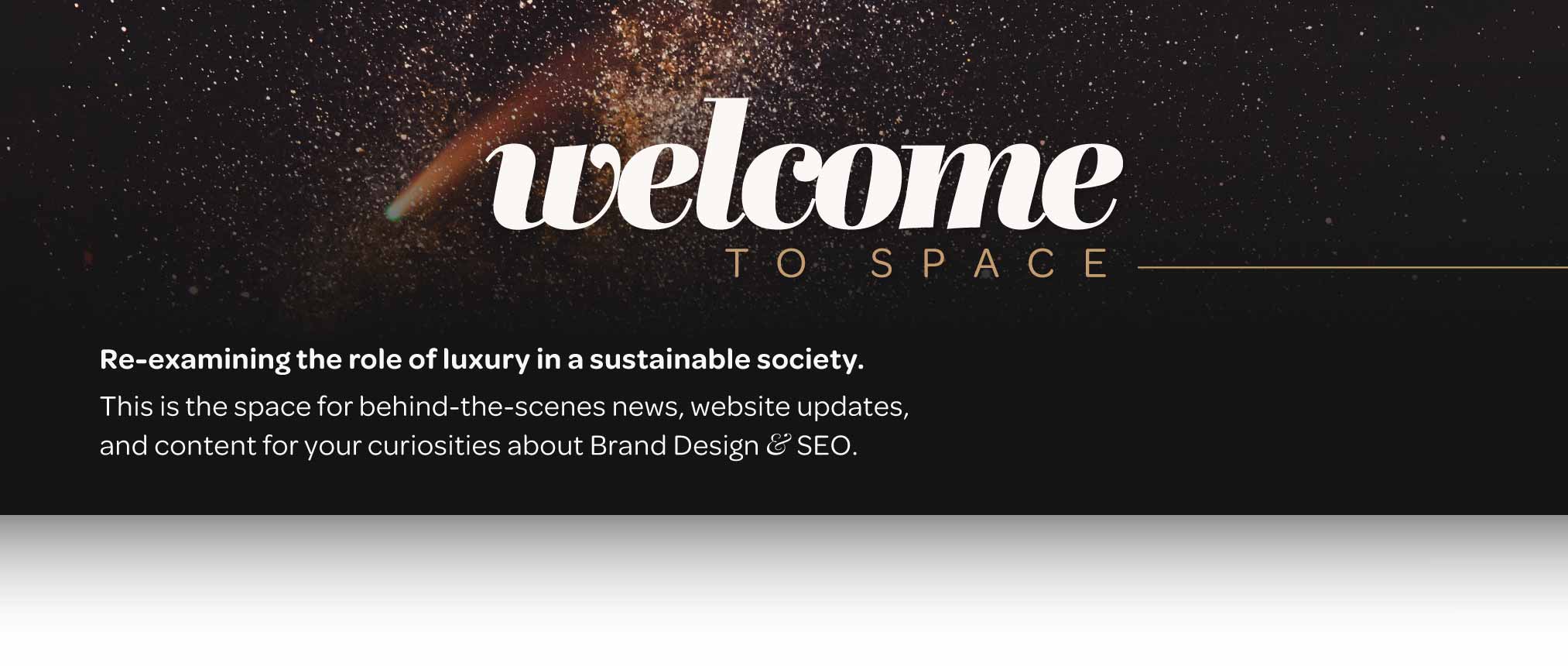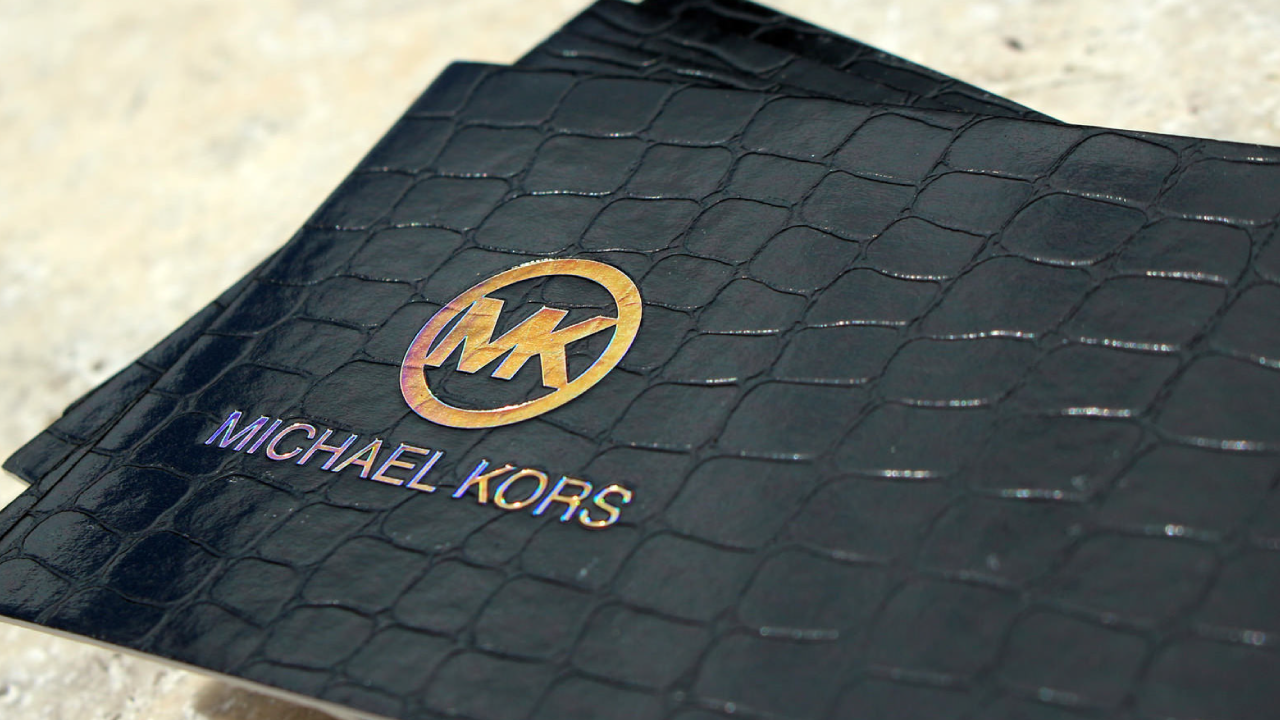In bygone eras, luxury was synonymous with exclusivity and indulgence, often accompanied by a hefty price tag. Yet, as our world evolves into a more human-centered and environmentally conscious society, the notion of luxury is undergoing a profound transformation. With Millennials advocating for environmentalism, brands are rethinking indulgence in a sustainable era. This shift is redefining luxury to reflect ethical craftsmanship and a commitment to our planet’s health.
But in today's human-centered society, focused on sustainability, what does luxury even mean?
Amid this shift, some brands are successfully delivering exquisite craftsmanship without compromising on affordability or environmental responsibility. In a world where plastic waste threatens our health and environment, luxury has evolved to embrace sustainability. This journey toward organic luxury is not without its challenges; processes like recycling are still evolving, as humans experiment with various methods to minimize the collective impact of waste. The businesses who refuse to utilize their capability of indulgence toward creating a more eco-friendly future for their industries may likely fall behind at the turn of sustainability. This is because having a future that is not overrun with plastic waste has now become what is highly desirable.
Spring 2024: Michael Kors re-introduced its iconic Selma handbag crafted from cactus-based biomaterials as an alternative to leather (Developed by Adriano Di Marti company, Desserto®)
Luxury is no longer defined by a pricetag.
Commercialized luxury, like watches or exotic vacation getaways, still profit off the labor of locals. Sustainability requires fair labor practices.
So in today's perspective on luxury, it is ethically and morally wrong to disenfranchise an entire group of locals because of the whims of the select and rich few. The focus on social responsibility has become the new set of values that tomorrow focuses on.
With an increased level of status, comes an increased responsibility that is carried with the status.
Shifting Perspectives on Luxury
In this modern landscape, luxury is no longer solely defined by extravagance and opulence. Instead, it’s about the meticulous artistry and consideration that go into the creation of each item. Brands are embracing a new definition—one that encompasses sustainability, social responsibility, and ethical practices. As consumers become more attuned to the consequences of their choices, the demand for luxury experiences that align with their values is on the rise.
Streamlined Elegance
Simplicity and elegance can be more affordable than complex designs. Affordable luxury is closely linked to ethical sourcing and responsible production. By using sustainable materials and adhering to ethical practices, brands can create products with recycled solutions that offer a luxurious feel without the astronomical costs. Minimalist aesthetics can evoke luxury through clean lines, attention to detail, and high-quality materials. Focusing on fewer elements can reduce production costs while maintaining a sense of sophistication.
Crafting Sustainable Elegance
Advancements in technology and innovative production methods have made it possible to create luxurious products at a fraction of the traditional cost. A growing number of brands are leveraging these technological solutions to offer cost-efficient luxury items. These brands are proving that luxury and sustainability are not mutually exclusive. Exquisite craftsmanship can coexist with a commitment to the planet. Brands are pioneering innovative solutions, such as utilizing recycled materials and adopting eco-friendly practices, without comprising on quality or design. The paradigm shift challenges the conventional narrative of luxury and introduces a new era of conscientious consumption.
Sustainability and Social Responsibility
The modern understanding of luxury extends beyond aesthetics and price tags. It intertwines with a sense of social responsibility. brands that seek to elevate themselves to a luxury status must demonstrate fair labor practices and a dedication to their communities. This means that behind every exceptional product lies a commitment to treating works with respect and ensuring their well-being. Luxury, now more than ever, is defined by a fusion of ethical and aesthetic values.
The Power of Responsibility
As businesses grow and prosper, they wield influence that extends far beyond their products or services. With this influence comes the responsibility to make ethical choices that benefit both consumers and the planet. Executives who recognize this symbiotic relationship are embracing sustainability as an integral part of their brand identity. For instance, ecommerce brands can readily ship their items directly to consumers using pre-designated routes and compostable shipping packaging. Another example would be the executives at Starbucks considering the impact of their global brand. With what many would consider to be overpriced coffee, they have established a loyalty that cannot be denied or challenged. And yet, their business cards are created from recycled Kraft paper solutions. Their cups for hot drinks are biodegradable. By making these changes step by step, the brand reveals its social responsibility as a balance to all of its consumerist power.
Balancing Power with Purpose
For example, brands like Allbirds and Reformation focuses on upscale, sustainable fashion through eco-friendly materials and ethical production. Allbirds creates high-quality footwear using eco-friendly manufacturing practices and sustainable materials such as merino wool and eucalyptus fiber. Reformation also has initiatives like “Carbon is Canceled,” where they calculate and offset the carbon emissions of their products. While priced at a premium compared to fast fashion, it is stylish and more affordable than traditional luxury fashion brands (such as Tom Ford, with sweatpants priced in the thousands).
A New Definition of Luxury
Beyond lavish indulgences, luxury products align with a higher status of responsibility. Luxury is now the union of a shared commitment to craftsmanship, ethics, and environmental stewardship.





